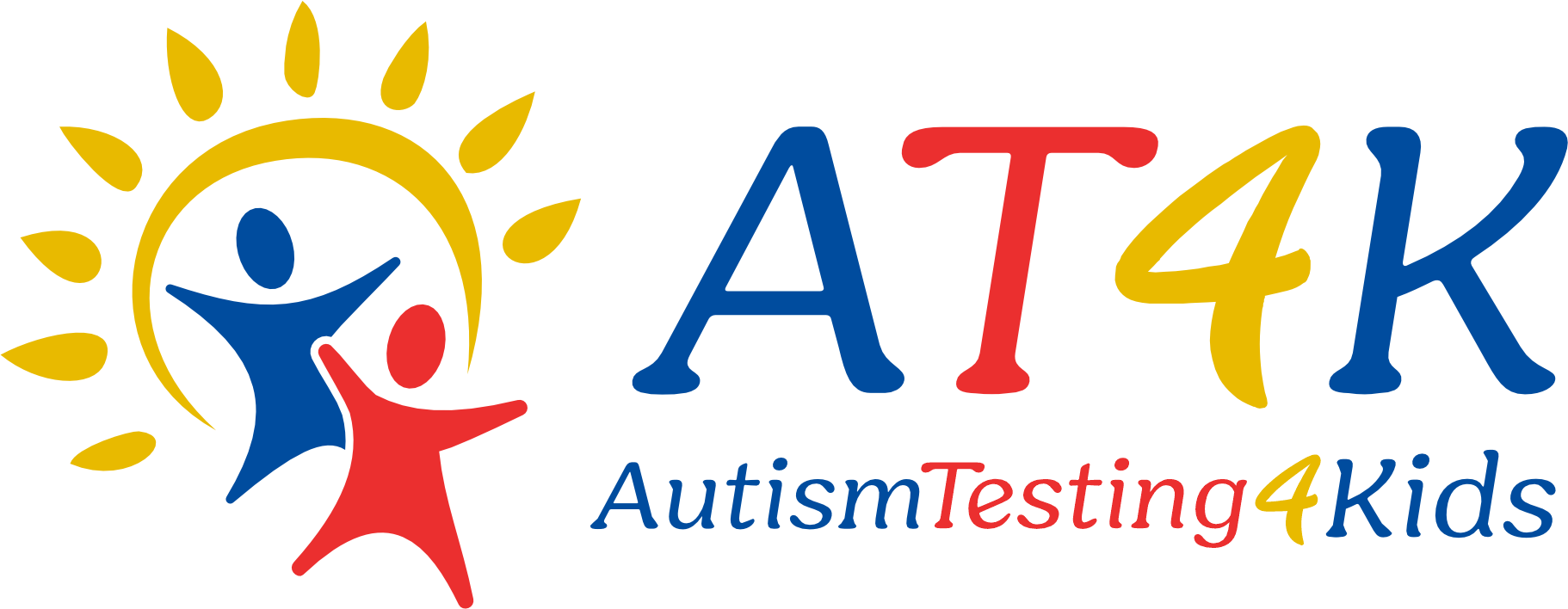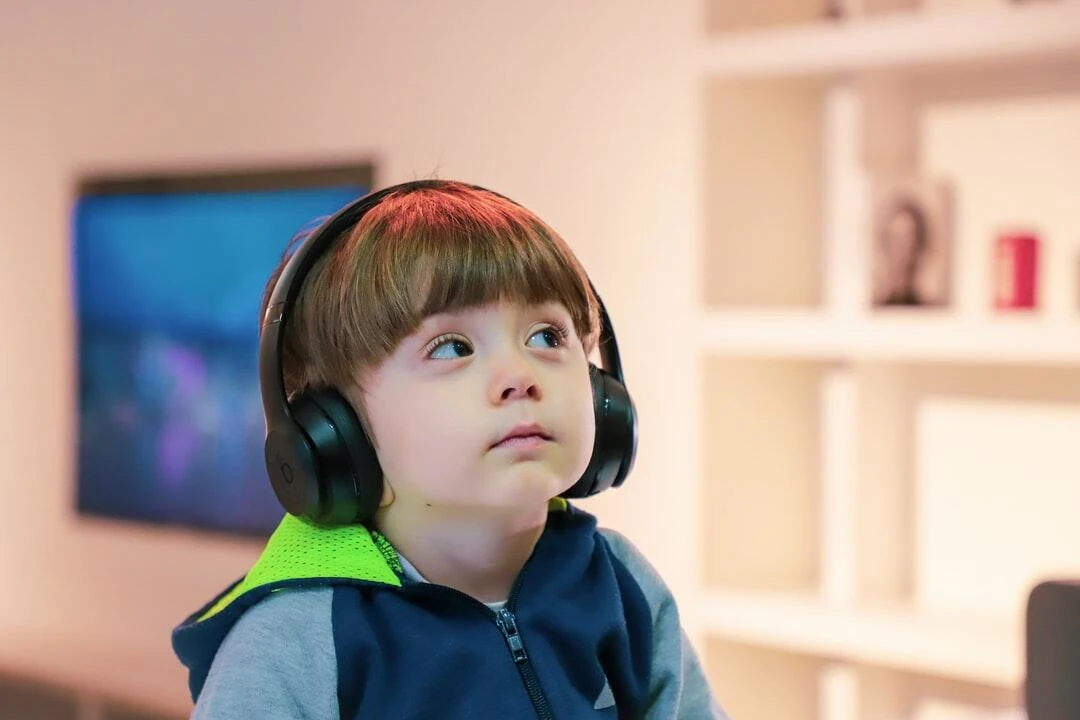Dyslexia is one of the most common forms of neurodivergence. You may be more familiar with other types of neurodivergence, such as ADHD and autism. But there is so much more to the definition of neurodiverse.
What is neurodivergence, and why is dyslexia neurodivergent? We will explore the answers to these questions and many more in this post. Later, we’ll also discuss the importance of supporting your child with a diagnosis.
What Does Neurodivergent Mean?
Neurodivergent means that someone’s brain functions differently from what most people would consider ‘normal’ or neurotypical. Neurodivergence and neurotypicalness exist on a spectrum.
Importantly, people who are on the neurodivergent section of the spectrum showcase some positive qualities neurotypical people may not. They also face unique challenges due to the unique structure of their brains.
Many people wonder about the symptoms or signs of neurodivergence. But there is a more helpful way to think about neurodiversity. It is not a medical condition but a collection of disorders with their own unique symptoms.
What Are Some Neurodiverse Conditions?
Neurodiverse conditions include Autism spectrum disorder (ASD), attention-deficit hyperactivity disorder (ADHD), and dyspraxia, which features trouble with coordination and movement.
Other conditions featuring brain structure changes that may also be considered neurodivergent include but are not limited to:
- Down syndrome
- Prader-Willi syndrome
- Tourette syndrome
- Williams syndrome
- Bipolar disorder
- Obsessive-compulsive disorder (OCD)
- Social anxiety disorder
Getting a diagnosis of one or more neurodivergent disorders is crucial. People who exist on the neurodiversity spectrum may benefit from extra support at school, work, or throughout their daily lives.
What Is Dyslexia?
Dyslexia is a learning disability featuring difficulty reading, writing, and spelling. Dyslexia that affects someone’s writing skills is also known as dysgraphia.
Dyscalculia is a lesser-known subtype of dyslexia. People who struggle with dyscalculia may struggle to recognize numbers or connect numbers with their corresponding words.
There is a common and harmful myth that people with dyslexia are stupid or lazy. In truth, dyslexia is unrelated to IQ. People with this condition are typically of average or even above-average intelligence.
Sometimes, dyslexia may even go undetected. Experts distinguish between mild, moderate, and severe dyslexia. Children with mild symptoms may be able to compensate for their difficulties without needing special accommodations.
However, just because a child can compensate for their learning disability does not mean they should have to. Getting a dyslexia screening can greatly reduce educational barriers, frustration, and self-confidence issues.
What Causes Dyslexia?
Differences in the brain areas involved in language processing cause dyslexia and dysgraphia. Dyscalculia is caused by changes to an area of the brain that helps us recognize and calculate numbers.
Many people are born with brain changes that lead to dyslexia, but scientists aren’t exactly sure why these changes occur. Genetics most likely play a role since dyslexia tends to run in families.
When genetics are not involved, exposure to toxins or infections in the womb may increase the risk of dyslexia. Not having access to reading materials or a lack of learning support may also increase the risk of this condition.
What Are the Signs of Dyslexia?
The signs of dyslexia differ depending on the subtype. We will use dyslexia as an example. This subtype often features the following symptoms:
- Difficulty learning letter names or sounds
- Frequently mixing up letters with similar shapes
- Trouble spelling even the simplest words
- Struggling to sound out new words
- Mixing up the position of letters or sounds in words
Symptoms of dyslexia can also be behavioral. For example, a child may avoid reading aloud in class or act out during quiet reading time. Recognizing these behaviors for what they are is essential for addressing them at the source.
Is Dyslexia Neurodivergent?
Yes, dyslexia is neurodivergent. In fact, it is the most common form of neurodivergence in the US, affecting 10% to 20% of people in the US alone.
One goal of categorizing conditions as neurodiverse is to highlight the positive qualities. For example, people with dyslexia shine when it comes to:
- Problem-solving
- Visual memory
- Visual-spatial reasoning
- Imagination
Considering all these strengths, it should be no wonder that some of the most famous and successful people in the world have a dyslexia diagnosis.
Steve Jobs, Thomas Edison, and Albert Einstein are household names, all known for their incredible inventions. They also share dyslexia in common.
Leonardo da Vinci and Pablo Picasso have created some of the most remembered works of art in history. They, too, were dyslexic.
Even some of the world’s most well-known names managed to succeed in spite of and thanks to dyslexia. Tom Cruise, Keira Knightley, John Lennon, Magic Johnson, and Muhammad Ali are just a few celebrities with dyslexia.
How to Support the Neurodivergent Person in Your Life
Experts estimate that up to one in five people are neurodivergent. That means you can almost guarantee that you know or love someone who exists on the neurodiversity spectrum.
Whether that person is your child, your friend, or yourself, here are some of the best ways to offer support and show empathy:
- Listen more than you talk, as you may not understand the person’s perspective, and they may not feel heard
- Don’t use labels like ‘abnormal’ or ‘high-functioning,’ as they may lead to unhelpful comparisons to neurotypical people
- Understand that no two people on the neurodiversity spectrum are alike and help others learn that distinction, too
If you are the parent of a neurodivergent child, another way you can offer support is by seeking help. The first step on the journey is a diagnosis, which can help you better understand and empathize with your child.
Dyslexia and Autism Diagnosis in DFW, Texas
So, is dyslexia neurodivergent? Yes, dyslexia is among the most common conditions on the neurodiversity spectrum. Children with dyslexia may struggle to read, write, or do math, but they are highly creative and intelligent, too.
Are you ready to help your child make the first step toward overcoming their learning challenges? Developmental Pediatrics has helped diagnose autism and other neurodiverse conditions in DFW and Texas for over 20 years.
Contact us today to schedule an appointment in person or via telemedicine.




